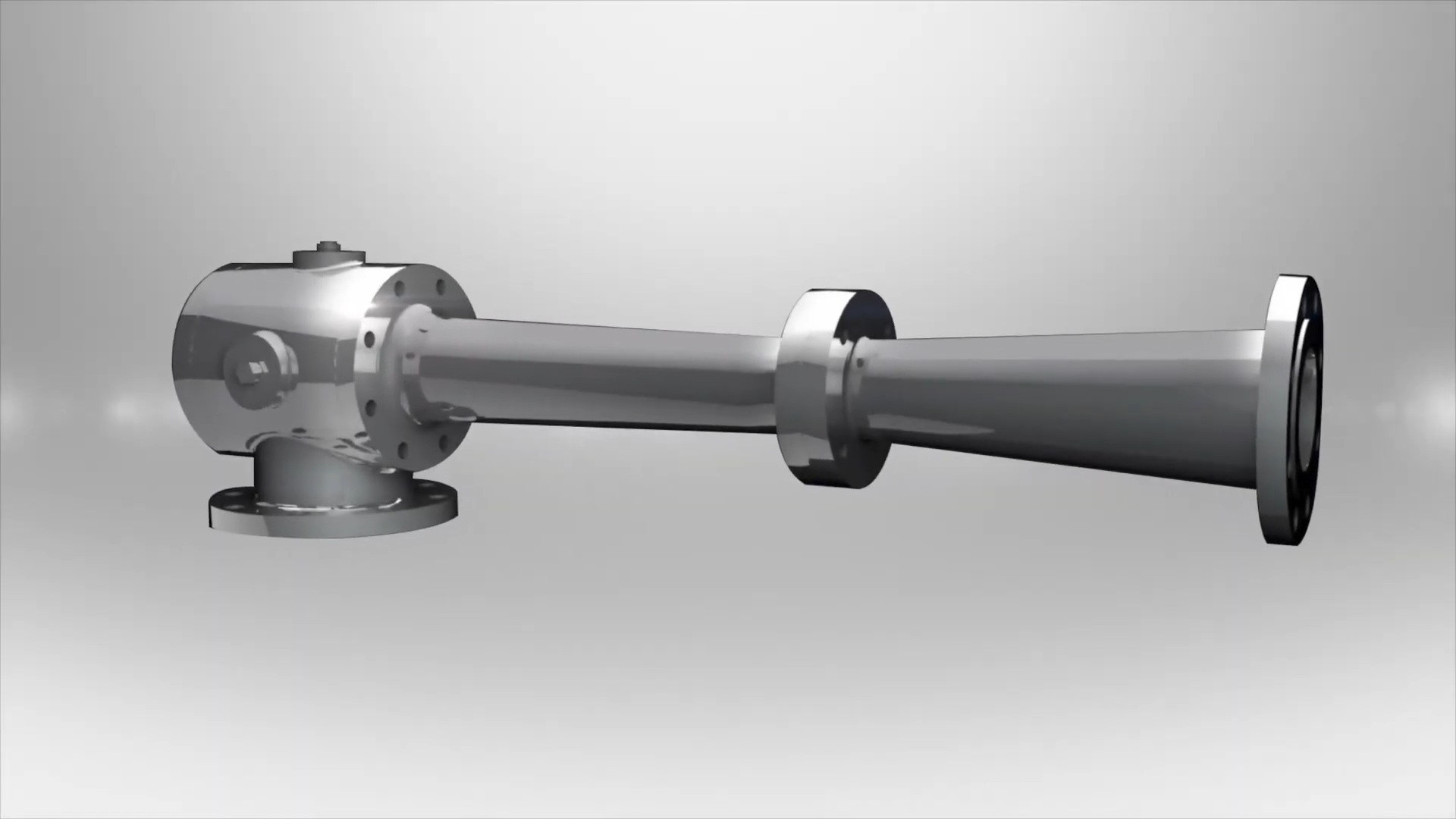Steam Jet Ejectors – the largest vacuum producing devices available – are used in the most demanding of applications. Virtually maintenance-free with no moving parts, they can be fabricated from almost any material, and can be used in every industry that requires vacuum. Ejectors can be designed to operate without steam as their pressurized (motive) source. In addition to operating well into the micron HgA range, they can also operate well above atmospheric pressure.
Graham has mastered Steam Ejector design. Featuring proven, unique internal geometries and tightly tolerance-controlled steam nozzle configurations, Graham ejectors produce very low steam consumption and highly efficient operation. As an experienced provider of Engineering Answers since 1936, Graham maintains the most comprehensive database of actual steam ejector performance information available today.
Combine Graham Steam Jet Ejectors with other Graham equipment, such as Process Condensers and Liquid Ring Pumps, and you have a single source of supply and a responsible, total solution for process equipment needs.

